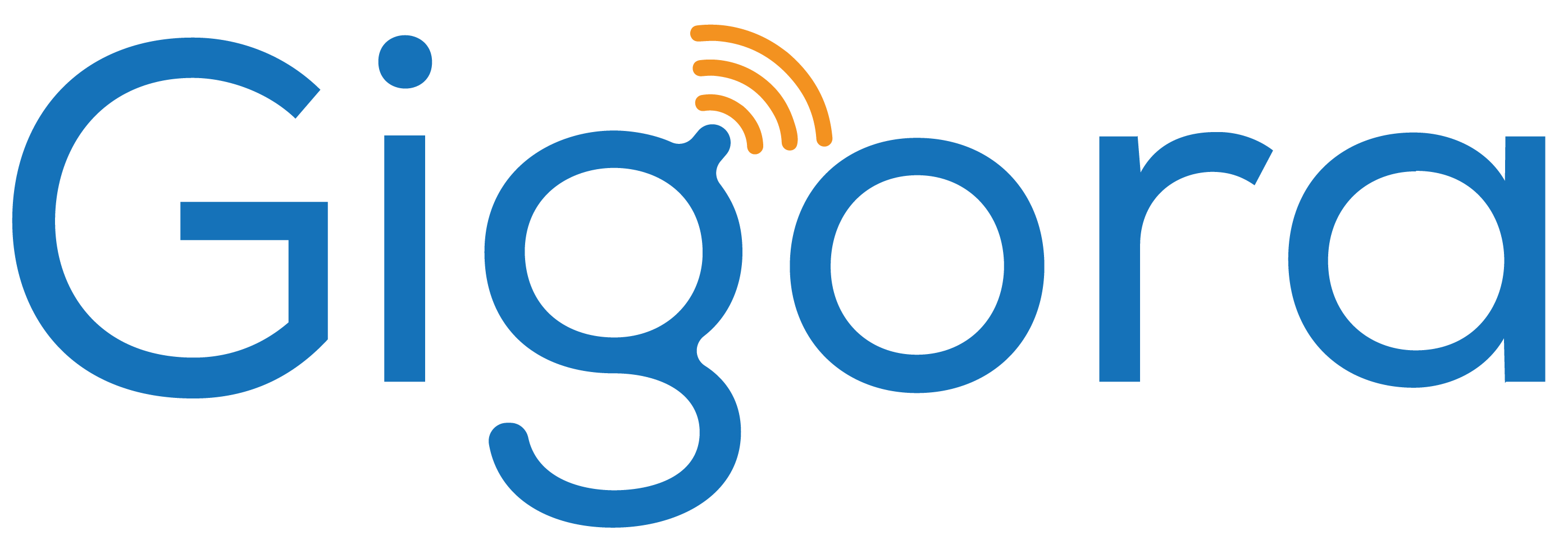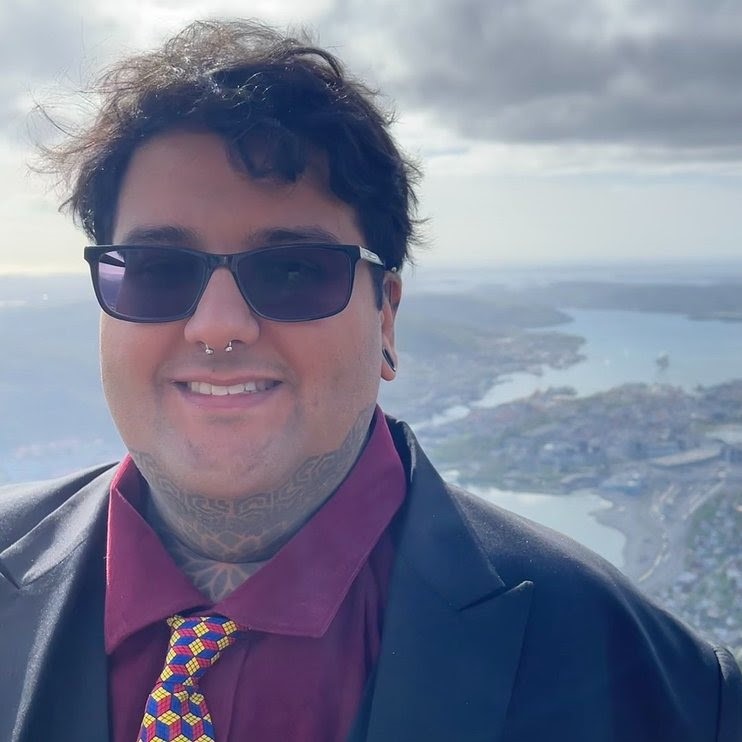[ad_1]
//php echo do_shortcode(‘[responsivevoice_button voice=”US English Male” buttontext=”Listen to Post”]’) ?>
— Part of an ongoing EE Times series: Diversity & Belonging in EE.
Previous parts:
• Electro Soft CEO Karla Trotman, on Reaching the Top
• Natalia Vassilieva: ‘We Need to Treat Ourselves as Equal’ – EE Times
• Embrace D.E.I.B. to Help Fill the Giant Talent Gap – EE Times
• Flash Experts Honor Standards Pioneer Amber Huffman
Junade Ali has turned the image of a secondary school dropout inside out: He’s become the youngest-ever fellow of the Institution of Engineering and Technology (IET).
Ali, 27, a software engineer, achieved fellowship status from the IET in June for his “significant technological innovation” and “original research” that garnered international recognition, IET said in prepared remarks.
His contributions have included:
That may give some idea of Ali’s exceptional nature, but there is more.
He is reticent in talking about his early days growing up in Rugby, England, but hints at ill treatment as a racial minority and having family issues that led to dropping out of school.

Despite whatever hardships he may have endured, and not completing secondary school, Ali started on his master’s degree at age 17 at the University of Bedfordshire. He was admitted under exceptional circumstances after having done freelance work starting at age 16—and completing what he called “kind of an engineering apprenticeship.” Bedfordshire awarded Ali its Best Overall Master’s award. His thesis was “Coverage and sensor placement for vehicles on predetermined routes: A greedy heuristic approach.”
Last year, Ali received his doctorate, also from Bedfordshire, after defending his thesis on “Cryptographic hash-based anonymization of wireless unique identifiers.”
“I did actually have a full offer to study computer science at the only private university in the U.K. at the time to offer computer science, the University of Buckingham,” he told EE Times. “I did not take up this offer, as it would have required me to study full-time, which I did not have the resources to do without continuing to work.”
Today, he lives in Edinburgh, Scotland, and works remotely on making banks more efficient—for a fintech firm in London. Ali sees himself eventually headed toward a high-growth tech firm.
His appearance—with a nose ring, neck tattoos and a tattooed flower growing out of his left hairline, is certainly more at home in the free-wheeling tech world than in the button-down boardrooms of banking and finance.
Psychological safety for software engineers
Ali’s life in the digital world began when he hacked together his first computer from spare parts at a young age.
His first program?
“I think it would have been ‘Hello World!’, probably like most people,” he said. “I think it was in Java.”
Through the years, Ali became adept at not only software engineering but understanding how software engineers work. In addition to developer burnout, he’s focused on quality, continuous improvement and psychological safety in the workplace.
“In organizations with strong psychological safety, people do not personally fear making innocent mistakes and are encouraged to take calculated risks,” he said. “Leadership understands that professional engineering discipline requires strong communication, an open reporting approach and avoiding a good-news–only, or closed, culture. Fundamental to developing psychological safety in an engineering team is that the leadership admits to their own fallibility and are open to feedback on their own work.”
One work he repeatedly turns to is “The Goal,” a management-oriented novel by Eliyahu Goldratt. The book is about how one can take any system and optimize it through the Theory of Constraints, which posits that any manageable system is limited in achieving goals by a very small number of constraints.
High EQ
Ali’s interest in ideas for improvement and how to manage people comes as no surprise to Piet von Dongen, a software engineering consultant who lives in the Netherlands. The two men met last year at DevOps Days in Prague, where both were scheduled to speak. They got to know each other over long conversations and beers. Von Dongen describes Ali as having “a certain presence, very calm, stable, curious” and with a high emotional quotient (EQ).

“He is much more broadly developed than most people I work with,” von Dongen told EE Times. “He knows the hard stuff, obviously, but has put significant effort into understanding the process, organizational, psychological and complexity side of our field.”
Von Dongen recounted how Ali described successfully helping his team through a period of uncertainty and hard, sustained work. All the while, he used proven metrics to enable the team members to self-manage and improve.
“Most managers, if not all, I know are unable to apply such breadth of knowledge that quickly and successfully, if at all,” he said. In addition, “he has a seemingly relentless ability to achieve what he thinks needs to be done. I do not want to go into detail here, because the examples I have are personal and confidential, but he has shown me on at least two occasions that he can and will identify legal or ethical shortcomings in organizations and will address them—even when others would rather sweep them under the carpet. He is very modest about this, but in my experience, his behavior here is, unfortunately, rare.”
On one occasion, when von Dongen was looking around for a new role and job, Ali made a special trip to meet him in Amsterdam and discuss the issue for hours, giving him a lot of helpful advice.
“I even got a hug when we said goodbye, of course after him checking first if I was a hugger—so considerate,” he said.
Role model
Colin Sellers, who oversees fellowships at the IET, called Ali a “role model” for young people studying engineering.

Asked if this is a mantle he accepts willingly, Ali said, “While I hope that not everyone has to face the same challenges I have, I hope from my experience others can see the benefits of being adaptable to challenges and changes, scrutinizing orthodoxy and persisting in achieving goals.
“I hope others can see from my example that they should not let their background limit their potential to find solutions to solve real-world problems, share their expertise with others and contribute to the public good.”
[ad_2]
Source link

